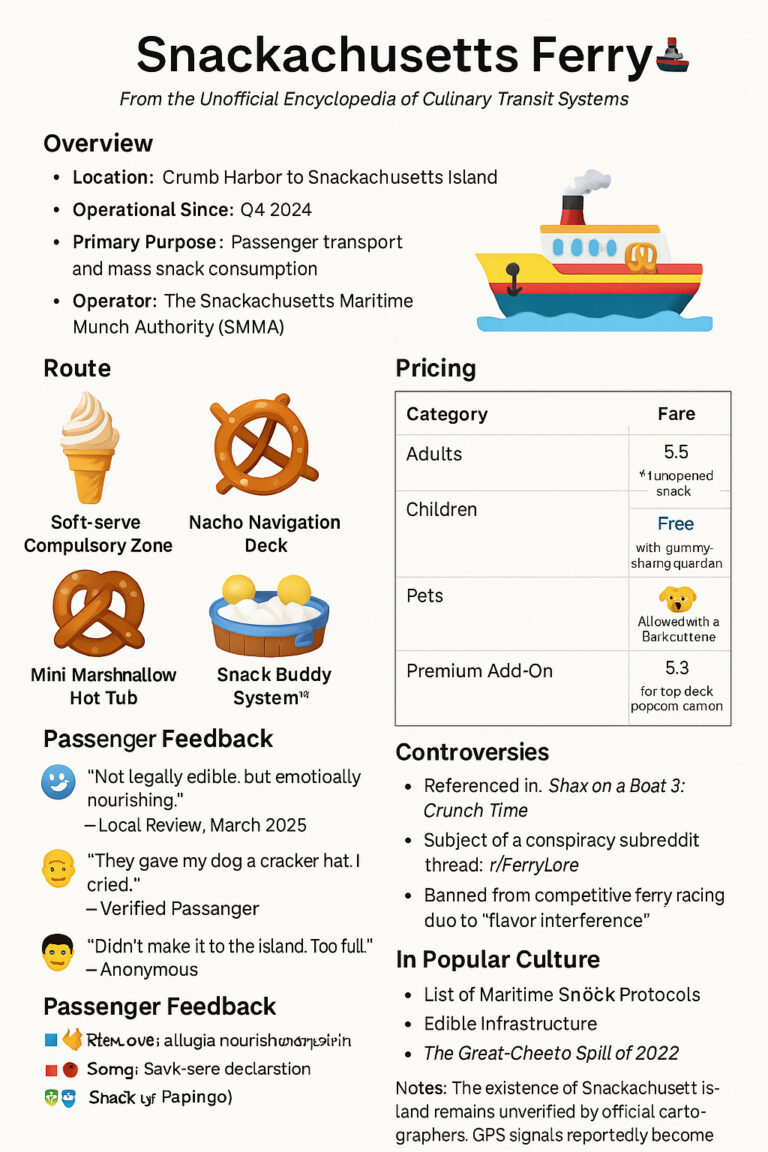You can expect 2021 to be a year in which companies swing for the fences. With everyone trying to rebound from the recession that the COVID-19 pandemic has caused, you can expect companies to pull out all the stops to try to get back on track. The question has become with so many tools to choose from, now which ones are must-haves?
Artificial intelligence, machine learning, and automation are all hot buzzwords in the business world, and they will play a major role in driving commerce forward in 2021. However, those aren’t the only tools you’ll need to survive in today’s hyper-competitive business landscape. Continue reading to learn which tools will be necessary for success in 2021.
Machine Learning
Once upon a time, companies and workers alike were afraid of artificial intelligence and what it meant for the workforce. Today, it’s an essential part of a robust IT infrastructure. One of the areas in which artificial intelligence shows the most promise is machine learning. Machine learning is a process by which algorithms detect flaws in their own systems and improve themselves through automation.
With machine learning algorithms, you can optimize aspects of your business operations in real-time. Neural networks allow for deep learning, a process of data analysis that mimics the process of the human brain. Even a small business can benefit from machine learning by applying its algorithms to maximize its enterprise resources planning (ERP) and streamlining supply chains.
One of the many real-life examples of machine learning is in the field of financial security. Banks and other financial institutions rely on machine learning to help them make predictions about customer behavior and detecting fraudulent activity. With machine learning algorithms, banks can detect uncharacteristic behavior and prevent scams and theft.
Predictive Analytics
Predictive analytics aren’t a new technology, but it’s one premise that’s gaining a lot of traction. Predictive analytics provides many benefits, including the ability to forecast changes in supply and demand, predict machine maintenance needs, and aid in product development.
Predictive analytics is so effective that some police forces use it to predict the spread of crime sprees, and it’s one of the tools every manufacturing business should consider. All over the United States, manufacturers are using predictive analytics to maintain their facilities and advance their services using real-time data. Recent years have seen rapid growth in the use of predictive analytics, and you can expect it to spread to small businesses as well in 2021.
Cloud Technology
One of the biggest developments in customer service is cloud contact centers. With so many people unable to work on-site due to COVID-19, cloud contact centers have become more prevalent.
Imagine having a team of customer service personnel who can provide solutions to customers around the clock. That’s a powerful tool for any business owner, whether they’re running a huge business like Uber or a small business in a rural area. By putting the network in the cloud, your employees can access valuable information from anywhere, allowing them to provide expert solutions from home.
One of the most common customer service issues companies run into is losing customers due to waiting to speak to the right agent. With contact center software, you can use automation to deploy chatbots that initiate engagement with customers. These systems are so effective that we’re even seeing cloud software solutions within the healthcare industry to help doctors connect with patients while keeping medical records safe.
Customer Experience
It’s hard to talk about customers without acknowledging the importance of the customer experience. Optimizing your customer experience requires a combination of using the right technology and critical best practices.
Customer experience might be the most important component of your business model, meaning customer satisfaction needs to be your company’s main goal. One of the best ways to improve your customer experience is to implement customer loyalty programs.
By offering incentives to your customers like discounts on their favorite products and discounts for referrals, you can convert occasional patrons into loyal customers. You should also offer exclusives like first-dibs on new products and samples of products to loyal customers.





